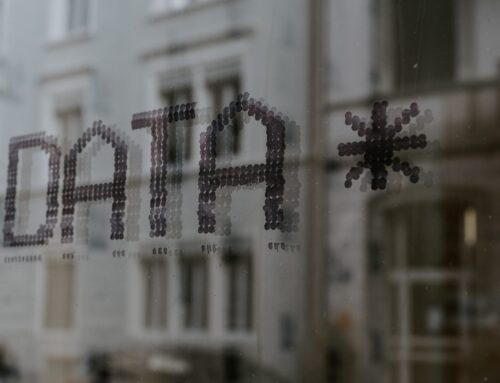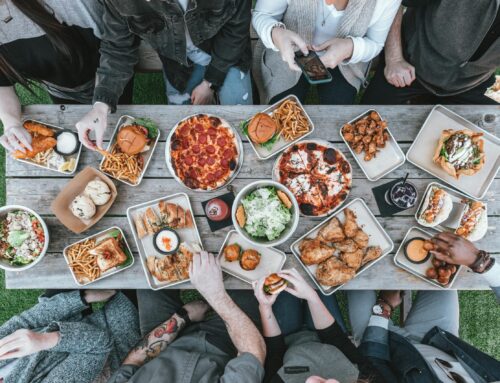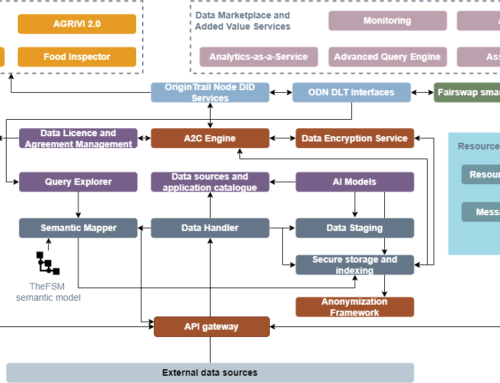Following our previous article focused on a number of different sectors with the non-alcoholic beverages market, in this piece we will emphasize and look in depth at the juice drinks industry. More pointedly, we will outline the emerging and potential hazards that can affect and disturb this complex ecosystem and its stable operation, as well as, we will analyse the smart technology on hand to combat any issues in the supply chain in order to stabilize and improve the safety and good quality of raw materials which are used for the production of the juices.
Regarding the economic point of view, the revenue in the Juices segment amounts to US$102,186m in 2021 and the market is expected to grow annually by 5.96% (CAGR 2021-2026), based on the reaserch that has been conducted. However, a research from the European Fruit Juice Association, highlights that there continues to be growing pressure from customers – for those in the industry to produce better top of the range fruit juices and smoothies that have more health benefits, along with other natural qualities compared to current competitor products.
Emerging hazards
With companies vying to claim top spot within this space, there have been a number of issues that have arisen from juice drinks – the top hazard being food additives and flavourings, commonly associated with unsanctioned use of additives such as E223 – sodium metabisulfite, E954 – saccharin, E122 – azorubine and others.

Additionally, with juices that use both fruit and vegetables as ingredients, the most notable problem has been fraud – of the 89 global incidents relating to problems within this category, 68 have been for this.
When we talk about fraud – in this context – it mainly concerns misbranding, insufficient documentation, as well as, missing information. If customers are allergic to something and this is missed off the packaging, this could cause serious medical problems or prove to be fatal.
Furthermore, as these fruit drinks are made from a number of ingredients, if all of them are not being correctly documented, potential hazards could be slipping through the net and undermining the safety protocols put in place throughout the supply chain.
Take for example the situation in Brazil, where packaged orange juice is made from frozen orange juice concentrate. 72% of this worldwide commodity is made in the country, which includes the process of growing, harvesting and extracting of the oranges. It’s essential that comprehensive and robust supplier audits are put in place to ensure food safety across the whole supply chain – especially as this is one of the countries in the world which contains a myriad of societal issues, from poor working conditions to child labor. Affecting both the safety of the beverage and the wellbeing of the laborers involved in the process.

So how can technology improve safety across the non-alcoholic beverages supply chain?
Technology to improve safety
Fruits and vegetables are two product categories that the entire juice industry is dependent on. Hence, ensuring the safety and good quality of raw materials is a top priority for juice production companies. As such food safety platforms are critical to enable those working in the industry to ensure quality control at every step of the process, along with having the data to intervene if necessary at important stages of the non-alcoholic drinks manufacturing process. Also the outburst of the COVID-19 pandemic boosted the discussions around remote risk management using digital tools as the restrictions applied in a large number of countries emerged a crucial challenge for the Food Safety and Quality Assurance (FSQA) experts: how to assess suppliers and facilities now that they cannot travel to conduct audits?
Until today the onsite audits were the most important supplier verification activity. However, one of the most important tools to assess risk — onsite audits — is not currently fully available to food safety and quality assurance experts, creating the need to assess the risk remotely. This gap is what our project (EU funded project under Horizon 2020 Framework named “The Food Safety Market”) aims to fill, by developing and implementing a platform which will facilitate and improve business processes that are data intensive and that are currently performed in an inefficient manner. The major pillars and applications that are foreseen to be joint under TheFSM platform are the FOODAKAI, AGRIVI and Food Inspector, enabling the measures towards ongoing monitoring and risk maagement.
FOODAKAI application (major component of TheFSM platform) has the capability to create sophisticated taxonomies, ensuring tailor-made insights and analysis delivered straight to food safety professionals. This smart technology can warn against potential biological or chemical hazardous risks at a particular site, or highlight supplier compliance issues that have been reported at specific organizations or their associates.
This has never been so important in light of the ongoing pandemic sweeping the world. By using this type of technology food safety and quality assurance professionals can provide remote assessments to gather the necessary intelligence that can be used to make informed decision, without a representative having to be there in person – curbing the risk of spreading infectious diseases while maintaining the same safety standards to promote compliance.
The non-alcoholic beverages industry also has multiple numbers of sub-sectors, as well as, a complex web of actors, therefore, COVID-19 should provide the perfect springboard for a new way of digital thinking – that can reduce the spread of the virus, but also increase forms of collaboration across the field.
By harnessing these new digital practices it will, in time, provide greater visibility across the global non-alcoholic beverages supply chain, creating stronger safety nets for both workers and consumers, which will ultimately enhance safety and lessen disruption from producer to consumer.



